Today’s readings
Perhaps the greatest sin of modern times, maybe of all time, is that we sometimes forget who we are. Politicians forget that they are elected officials, given the trust of the people they serve, and so they become embroiled in a scandal or sell themselves to special interest groups. Church leaders forget that they are ordained by God for holiness and so they give in to keeping up appearances, and bring scandal to the Church. But it’s not just these people; all of us fall to this temptation at one time or another – maybe several times – in our lives. Young people forget that they have been raised in good Christian, loving homes, and in their quest to define themselves, turn away from the values they have been taught. Adults forget that they are vocationally called to love their spouse and their children and so get caught up in their careers to the detriment of their family. Think of any problem we have or any scandal that has been endured and deep at the core of it, I think it stems from forgetting who we are.
Forgetting who we are changes everything for the worse. It makes solving problems or ending scandal seem insurmountable: we have to constantly cook up new solutions to new problems, because we’ve gone in a new direction on a road that never should have been traveled. That was the scandal of Eden, and the scandal of the Tower of Babel, among others. Once we’ve forgotten who we are and acted impetuously, it’s hard to un-ring the bell.
One of the consequences of forgetting who we are is that we forget who God is too. We no longer look to God to be our Savior, because we instead would like to solve things on our own. Perhaps we are embarrassed to come to God because we are deep in a problem of our own making. We see this all the time in our lives: who of us wants to go to a parent or boss or authority figure – or anyone, really – and tell them that we thought we had all the answers but now we’ve messed up and we can’t fix it and we desperately need their help? If that’s true then we’re all the more reluctant to go to God, aren’t we?
This forgetting who we are, and forgetting who God is, is the spiritual problem that our readings are trying to address today. Moses meets the people on the occasion of the harvest sacrifice, and challenges them not to make the sacrifice an empty, rote repetition of a familiar ritual. They are to remember that their ancestors were wandering people who ended up in slavery in Egypt, only to be delivered by God and brought to a land flowing with milk and honey. And it is for that reason that they are to joyfully offer the sacrifice.
St. Paul exhorts the Romans to remember who Jesus was and to remember his saving sacrifice and glorious resurrection. They are to remember that this faith in Christ gives them hope of eternity and that, calling on the Lord, they can find salvation.
But it is the familiar story of Christ being tempted in the desert that speaks to us most clearly of the temptation to forget who we are and who God is. The devil would like nothing more than for Jesus to forget who he was and why he was here. He would have Jesus forget that real hunger is not satisfied by mere bread, but must be satisfied by God’s word. He would have Jesus forget that there is only one God and that real glory comes from obedience to God’s command and from living according to God’s call. He would have Jesus forget that life itself is God’s gift and that we must cherish it as much as God does.
But Jesus won’t forget. He refuses to turn stones into bread, remembering that God will take care of all his real hunger. He refuses to worship Satan and gain every kingdom of the world, remembering that he belongs to God’s kingdom. He refuses to throw away his life in a pathetic attempt to test God, remembering that God is trustworthy and that he doesn’t need to prove it.
The way that we remember who we are as a Church is through Liturgy. In the Liturgy of the Word, we hear the stories of faith handed down from generation to generation. These are the stories of our ancestors, from the Old Testament and the New. In the Liturgy of the Eucharist, we re-present the story of Christ’s Passion and death, and as we do that, it becomes new for us once again. There is no better way for us to remember who we are as a people than to faithfully participate in the Sacred Liturgy.
And so we come to this holy place on this holy day to remember that we are a holy people, made holy by our God. We remember who we are and who God is. We rely on the Spirit’s help to reject the temptations of Satan that would call us to forget who we are and instead become a people of our own making. We have come again to another Lent. Lent is a time of conversion. For the people in our Rite of Christian Initiation for Adults – RCIA – it is a time of conversion from one way of life to another. For the rest of us, Lent is a time of continued re-conversion. Our Church teaches us that conversion is a life-long process. In conversion, we see who our God is more clearly and we see ourselves in a new, and truer light – indeed we see who we really are before God.
That is life in God as it was always meant to be. Remembering our God, remembering who we are, we have promise of being set on high, as the Psalmist proclaims today. This Lent can lead us to new heights in our relationship with God. Praise God for the joy of remembering, praise God for the joy of Lent.
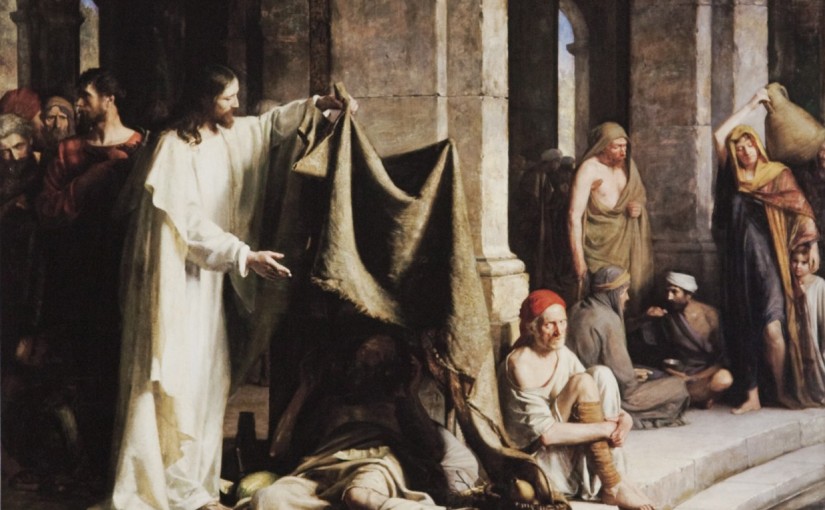
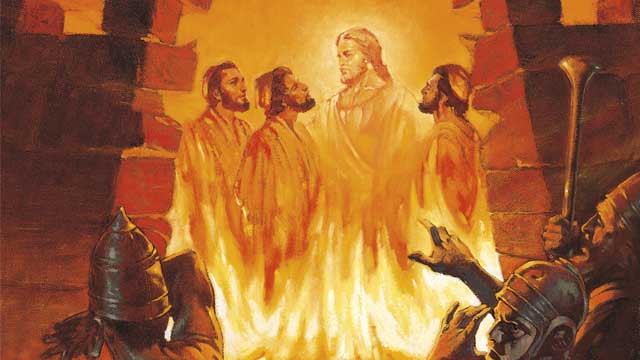
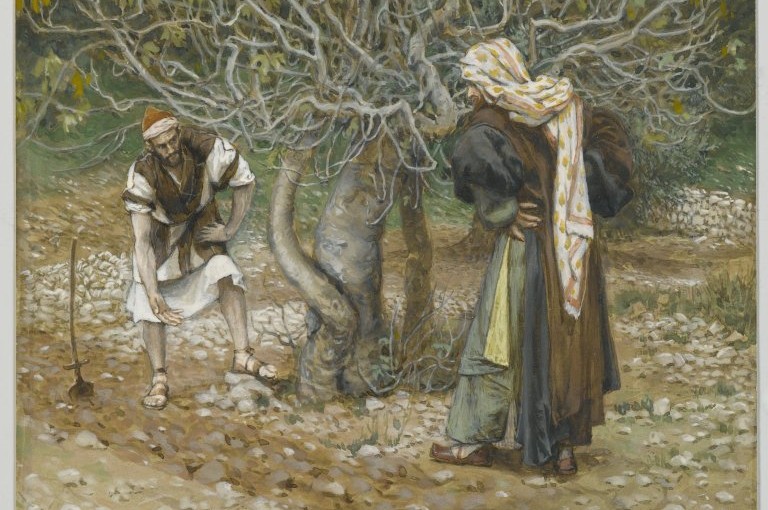
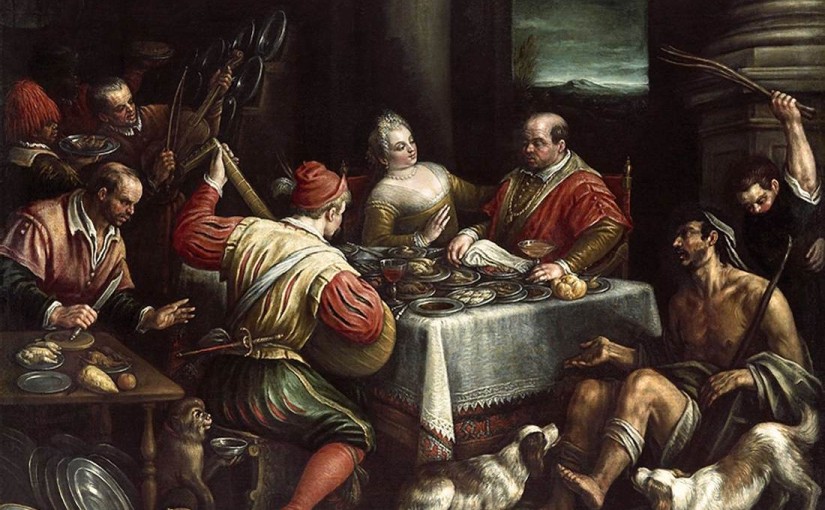
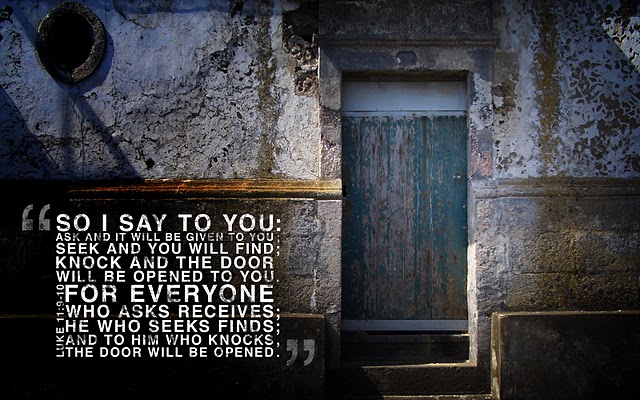
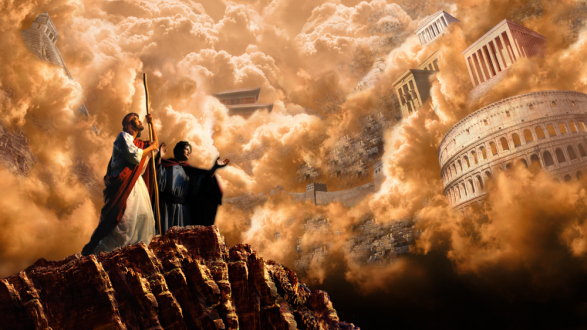
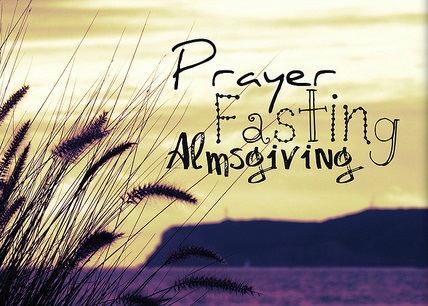


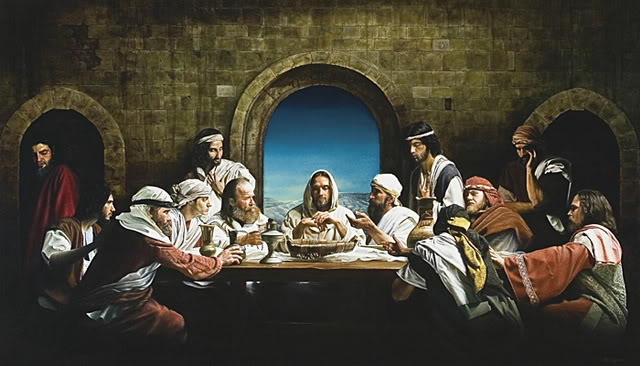
You must be logged in to post a comment.